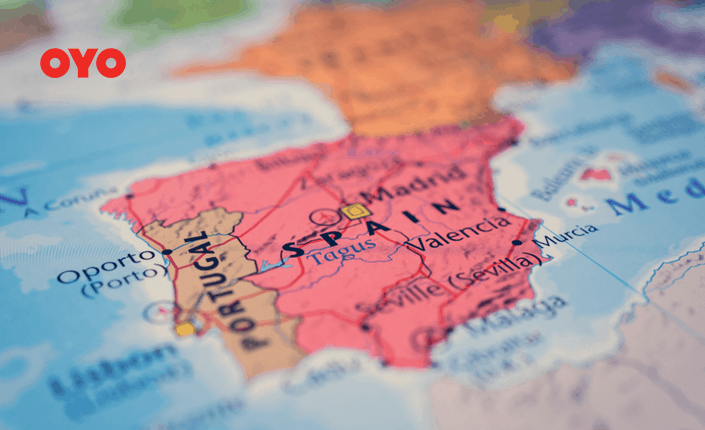
Ten years ago, few tourists considered renting homes for their vacations, but the tables have changed and, among families with children and pet owners, the demand by those who prefer the comfort of a house over that of a hotel has grown by 6%.
The Indian hotel group OYO was looking to enter the rental housing segment as well, and in May 2019, acquired the Dutch company, Leisure, which became its branch of vacation rentals.
Wann highlighted in his presentation the great business potential of VUTs in Europe and in Spain. It is a market that moved 26,000 million euros in 2010 is expected to reach 45,000 million euros in 2020.
The company has a large presence in central Europe, but not in Spain.
"We have 130,000 homes, of which only 6,800 are in Spain," said Wann.
They market these homes with several brands depending on the degree of rental management offered to the owners. The one with the greatest presence (with 5,000 properties) is the German company, Traum-FerienWohnungen, similar to Airbnb, in which the owner is the one who manages their homes is based on a self-service model.
Wann clarified that in the case of self-service, OYO will only compete with Airbnb in exclusively holiday destinations, since its business does not focus on urban environments.
“Local regulations in Spain are very strict and difficult to comply with. It would make it easier for us to have unity. Offering both models is what makes us unique, nobody else does that," Wann said.
According to a report by Phocuswright, in Europe, there are 24 million vacation homes, of which 8 million are likely to be commercialized and their owners have not found a professional way to put that house to use. "That's where we see an opportunity," says Wann.